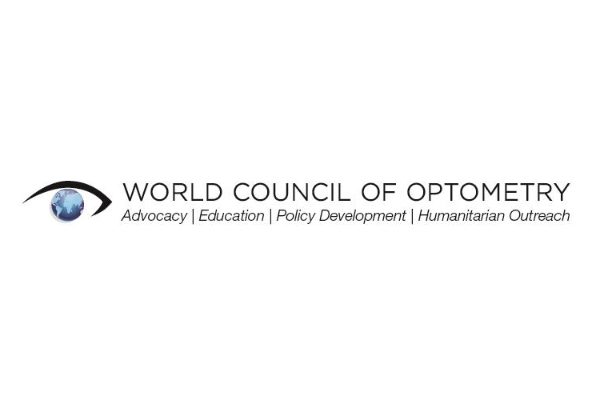Unprecedented United Nations General Assembly Resolution commits countries to eye care for the world’s 1.1 billion people with preventable sight loss by 2030.
The United Nations General Assembly (UNGA), on 23 July, adopted Resolution A/75/L.108 committing the international community to eye care for the 1.1 billion people living with preventable sight loss by 2030.
Sight loss is calculated to cost the global economy $411bn in productivity each year. The resolution is the first agreement designed to tackle preventable sight loss to be adopted by the United Nations and enshrines eye health as part of the United Nations’ Sustainable Development Goals.
The resolution was passed unanimously by all 193 countries of the United Nations. It sets a target for vision for everyone by 2030, with countries set to ensure full access to eye care services for their populations, and to make eye health part of their nation’s journey to achieving the Sustainable Development Goals.
The resolution creates new expectations for international financial institutions and donors to provide targeted finances, especially to support developing countries in tackling preventable sight loss. And for the United Nations to incorporate eye health into its work, including through Unicef and UN-Women.
The resolution calls for new targets on eye care to be included in the UN’s Sustainable Development Goals at its next review.The plan will mean that by 2030, the 1.1 billion people globally living with sight loss, will have access to support and treatment. But, campaigners say, only if governments and international institutions act now to fulfil their new commitments.
Commenting on the adoption of the Resolution, Paul Folkesson, WCO President, said: “The World Council of Optometry is pleased that this important Resolution has passed unanimously. Thank you to all involved in the development and acceptance of this significant resolution.It is critical that governments understand the necessity of including eye health in their implementation of the Sustainable Development Goals at the national level. WCO will continue to work with our country members to encourage them to enact this resolution as we work towards quality eye care for all.”
H.E. Ambassador Aubrey Webson, Permanent Representative of Antigua and Barbuda to the United Nations, and founding co-chair of the United Nations Friends of Vision group said: “An eye test for a child can be the difference between inclusion and or exclusion; A pair of prescription glasses, the difference between access to information and seeking a livelihood and not. Corrective eye treatment, the difference between improved sight and total loss of sight. The gift of sight for the 1.1 billion people living with preventable sight loss is within reach if we ensure world leaders deliver on this moment.”
H.E. Ambassador Geraldine Byrne Nason, Permanent Representative of Ireland to the United Nations, member of the UN Security Council and co-chair of the Friends of Vision said: “If we are to meet the Sustainable Development Goals on gender equality then we must acknowledge that a lack of access to eye care has a disproportionate impact on women and girls. This can have devastating consequences on girls’ educations, not to mention the participation of women in the workforce, poverty, child marriage, and the role of women in safeguarding the health and education of their own children. The United Nations Friends of Vision group is delighted to have the support of the UN Secretary General in the pursuit of eye care for all. We look forward to working with others across the United Nations to implement the resolution.”
Peter Holland, CEO of IAPB, said: “The eye health sector has believed for a long time that quality eye health is critical to the world achieving the Sustainable Development Goals and this resolution is testament to a lot of hard work. We are delighted that the resolution was passed unanimously and would like to thank all the countries that co-sponsored the resolution, especially the governments of Antigua and Barbuda, Ireland and Bangladesh for their leadership on eye health at the United Nations and around the world. IAPB’s members will now work tirelessly to support governments to enact this resolution and hold governments to account to ensure that no one is left behind.”












